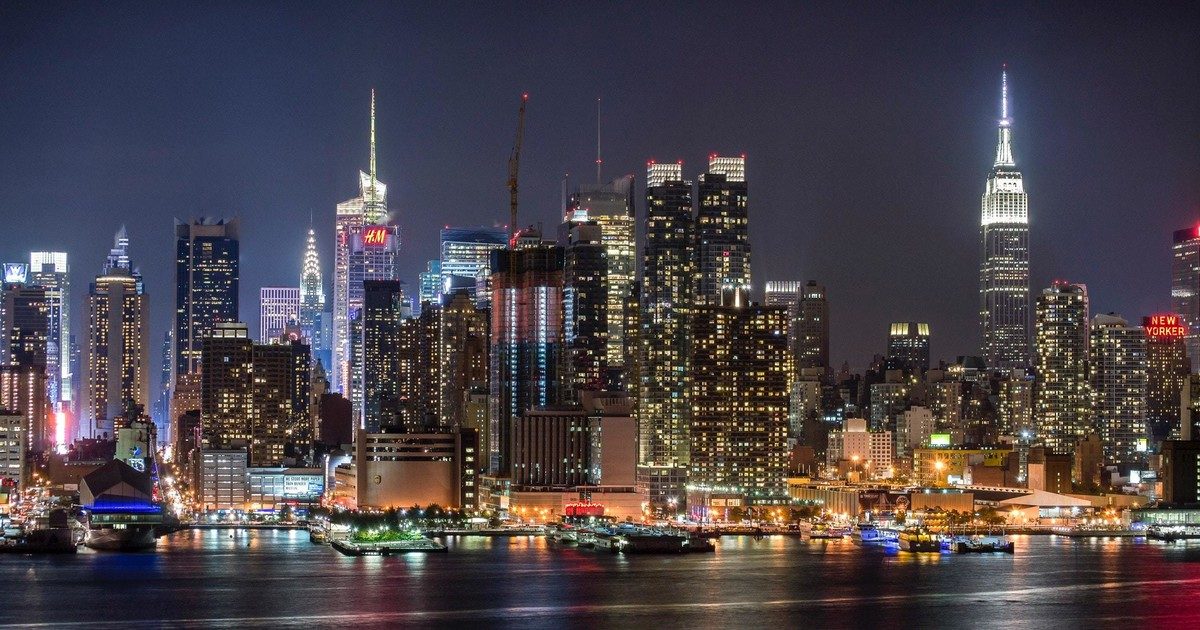In class last Wednesday, we discussed my first question centered around redevelopment/gentrification and whether it could bring about positive impacts. Hyra had mentioned in his book, for example, that a once infamous drug center had been revamped into a farmer’s market. Most people would agree that farmer’s markets are a better contribution to society than drugs, but there are obvious costs to redevelopment. For one, it is possible for people to profit off of previous conditions/stereotypes about an area like we saw with the “bullet-ridden” wall in the sandwich shop. Though the owner had no evidence behind her claims, she was able to profit off of the fact that her sandwich shop was in a ‘scary’ neighborhood/building that may have had a troubled past before it was remodeled into her sandwich shop. Is it bad that she is now making money selling (probably overpriced) sandwiches? Not necessarily. But the problem exists because she is selling a story about the neighborhood and the building that isn’t necessarily true. And even if it was possible to see her ‘bullet-ridden’ wall story as a simple mistake, her decision to sell 40oz bottles of Rosé in brown paper bags reveals that she didn’t have the purest motives/thoughts. She is appropriating culture and stereotypes for her own profit, and I think that is the issue that redevelopment often holds. It can serve to displace certain groups of people while allowing others to benefit from the culture of those who have been displaced. I doubt that the owner would create that story if she found a hole-ridden wall in the suburbs— she would simply have it replaced.
For my second question, I wanted to know if it is possible for black residents to benefit from the perceptions of the “iconic ghetto” and of stereotypical black people that are marketed to others instead of continuing to be marginalized while white investors profit off of these perceptions. From the reading, it seemed as though it isn’t possible. I’m reminded of the story of the white woman who sought to preserve aspects of African-American culture by setting up tours of famous African-Americans’ homes. One of the tour-guides found, however, that white people who came to the tours were more interested in learning about the present value of the neighborhood because they wanted to move in. Although these tours had the potential to be lucrative for black people who worked for the organization/gave the tours, it became a point of frustration when the black tour guide realized she was giving tours to white people who could potentially displace her later. And I think that’s what’s often the case; black culture and history is profitable but black bodies themselves are marginalized and seen as lowering the value of a space. I think that is extremely ironic because so many people claim to want an “authentic experience” according to Hyra, but many of these same people have a strong aversion to the people whose culture is being sold. I think the only way for black people to benefit from perceptions of the iconic ghetto is for them to be the ones selling and advertising their own culture, but at that point it becomes a performance for money instead of an actual, authentic experience. An alternative is for black people to invest in their own culture and communities, but often times this requires capital that is not available, especially in lower-income communities.
